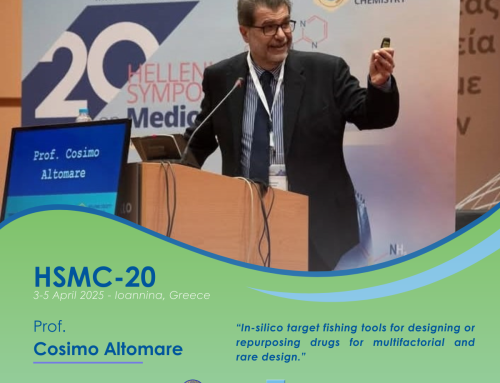On October 17th, 2017, the Parliamentary Advocates for Rare Diseases, a network of European and national members of Parliament advocating to improve the lives of people living with a rare disease, was launched by EURORDIS, the European Organization for Rare Diseases, in occasion of the event “Juggling Care and Daily Life: the Balancing Act of the Rare Diseases Community”. This launch event was held at the European Parliament in Brussels and included the presentation of the results of the first European survey on the impact of rare diseases on daily life. This survey was carried out by EURORDIS through its Rare Barometer Voices, a community of 30 million people in Europe living with a rare disease and willing to participate in EURORDIS Rare Diseases surveys and studies. In particular, the results of the survey outlined the following aspects:
– More than 70% of patients have difficulties with daily activities and tasks such as preparing meals and handling household chores, with motor and sensorial functioning such as visual, hearing and body positioning issues, and with social life as maintaining relations with others.
– 30% of carers spend over 6 hours a day on disease-related tasks with over 60% of these carers being women.
– Having to reduce or stop professional activity due to illness occurs to 70% of rare disease patients and carers.
– Feelings of depression and unhappiness are three times more common amongst rare disease patients and carers compared with the general population.
The network of Parliamentary Advocates for Rare Diseases intends to tackle these challenges by fostering cross-border EU collaboration. The network is made up of MEPs (Member of European Parliament) and National MPs who have long supported the cause of rare diseases or who have an interest in areas relevant to rare diseases (public health, social affairs, research and innovation). EURORDIS manages the day-to-day secretariat of the network and aims to bring together members of the European and National Parliaments to ensure strong international and local action, shape political input for current and future legislation and integrate rare diseases into all relevant policies at all levels.
The network’s missions are:
– To explore and discuss specific challenges faced by people living with a rare disease and ensure stronger EU-wide action through targeted support.
– To shape political input for future legislation and programmes, ensuring that rare diseases are made an integral part of EU, national and regional programmes in health, research, social affairs and other relevant policies.
Although this is an exciting time for rare diseases, with the launch of initiatives such as the European Reference Networks and an imminent European Joint Programme Co-Fund for Rare Diseases, the participants agreed that it is important to recognise that there is still a major need for pan European collaboration. In fact, recommendations adopted by the EU Committee of Experts on Rare Diseases and the Commission Expert Group on Rare Diseases must be implemented at national level – especially the most recently adopted set of Recommendations to Support the Incorporation of Rare Diseases to Social Services and Policies, which, if implemented in member states, could address some of the issues highlighted by the EURORDIS survey. National Plans and Strategies for Rare Diseases need to be evaluated and renewed, to ensure that the actions defined in these watershed national documents are actually implemented and have an impact. The European Commission’s future plans to support the identification and sharing of good practices would be very relevant for the rare disease field, and it is important to ensure appropriate mechanisms (such as Joint Actions or equivalent funding initiatives) to achieve such goals in the rare disease field.



